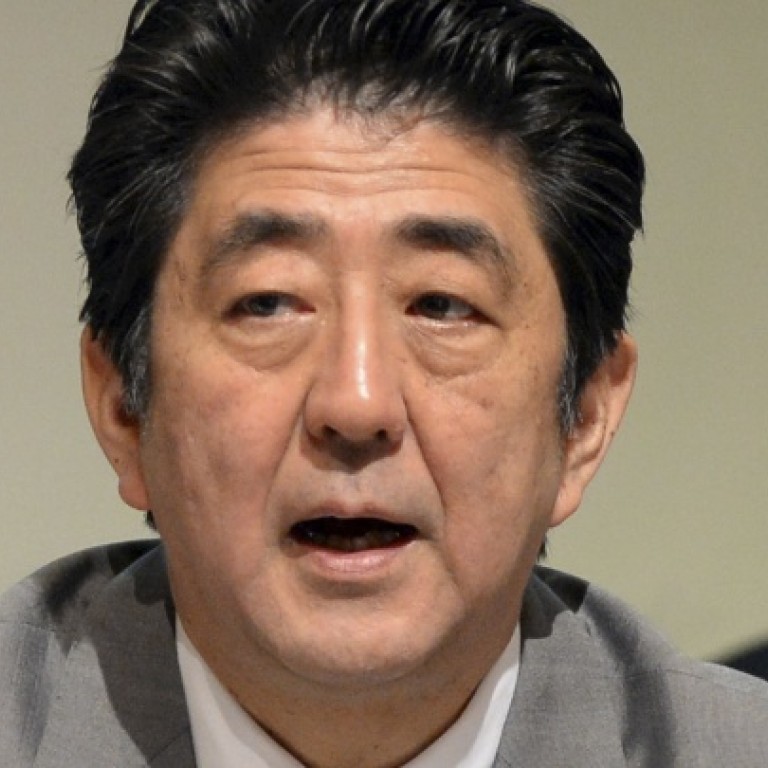
Japan to pledge US$1b for Sahel security, stabilisation
The money is part of a US$14 billion aid package to be given to Africa over five years, which Prime Minister Shinzo Abe announced Saturday at the start of the Tokyo International Conference on African Development.
Japan said Sunday it would give US$1 billion in aid to help stabilise the Islamist-infested Sahel region of Africa, months after the deaths of 10 Japanese in a hostage crisis there.
The money is part of a US$14 billion aid package to be given to Africa over five years, which Prime Minister Shinzo Abe announced Saturday at the start of the Tokyo International Conference on African Development.
“Japan will provide 100 billion yen (US$1 billion) in assistance over five years for the development and stability of the Sahel,” Abe told a gathering of African leaders in Tokyo.
The cash comes in addition to a US$120 million aid pledge Tokyo announced in January, days after Islamist gunmen overran a gas plant in the Algerian desert, killing dozens of foreigners.
The four-day crisis ended with bodies and blood when Algerian commandos stormed the plant.
Graphic pictures and accounts that emerged in the days after the assault invoked executions and sent a collective shudder through Japan, whose energy and infrastructure firms are active in the region.
Japan’s body count of 10 was the highest of any nation whose citizens were caught up in the crisis and an unusual taste of Jihadist anger for a country that has remained far removed from US-led wars in the Muslim world.
In January this year, a hostage incident took place in Algeria, imparting a tremendous shock to the Japanese people
Despite the Japanese public’s wariness of unrest in far-off and little-known places, government, industry and academic leaders warned the resource-poor archipelago cannot withdraw its energy interests from areas like the Sahel.
Instead, they said, Tokyo must take a lead in helping to create stability, through social programmes and development that can divert anger and tackle unemployment and poverty that experts say leads to extremism.
Abe said in addition to the financial aid unveiled Sunday, Japan will also support the training of 2,000 people in counter-terrorism and security maintenance activities.
“We believe that the assistance we provide in line with the concept of human security, such as the strengthening of social systems, with particular focus on food, education and health... will bring hope for economic development to the people of the region, thereby contributing to stability,” he said.
“In January this year, a hostage incident took place in Algeria, imparting a tremendous shock to the Japanese people,” Abe said.
“It is our sincere wish that the Sahel region is restored to peace and stability and recovers its place as the centre of prosperity in northern and western Africa. In order to do so, we must take action together,” he said.
Dioncounda Traore, interim president of Mali, said security in the region was improving, thanks in part to intervention by French-led forces after Islamist rebels seized control of the country’s north in the wake of a military coup last year.
“What lessons we have learned from all these? Firstly, the necessity to build well-equipped armies so that we can face threats against security and peace,” he said.
But as well as muscle, he said, there had to be an effort to improve governance, boost schemes to counter food shortages and provide work for the unemployed.
